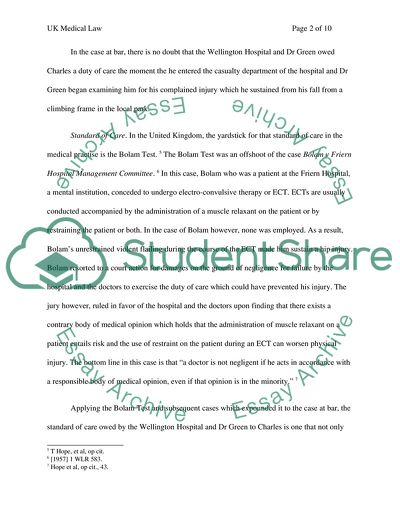Cite this document
(UK Medical Law Assignment Example | Topics and Well Written Essays - 2500 words - 1, n.d.)
UK Medical Law Assignment Example | Topics and Well Written Essays - 2500 words - 1. Retrieved from https://studentshare.org/law/1723033-uk-medical-law
UK Medical Law Assignment Example | Topics and Well Written Essays - 2500 words - 1. Retrieved from https://studentshare.org/law/1723033-uk-medical-law
(UK Medical Law Assignment Example | Topics and Well Written Essays - 2500 Words - 1)
UK Medical Law Assignment Example | Topics and Well Written Essays - 2500 Words - 1. https://studentshare.org/law/1723033-uk-medical-law.
UK Medical Law Assignment Example | Topics and Well Written Essays - 2500 Words - 1. https://studentshare.org/law/1723033-uk-medical-law.
“UK Medical Law Assignment Example | Topics and Well Written Essays - 2500 Words - 1”. https://studentshare.org/law/1723033-uk-medical-law.


